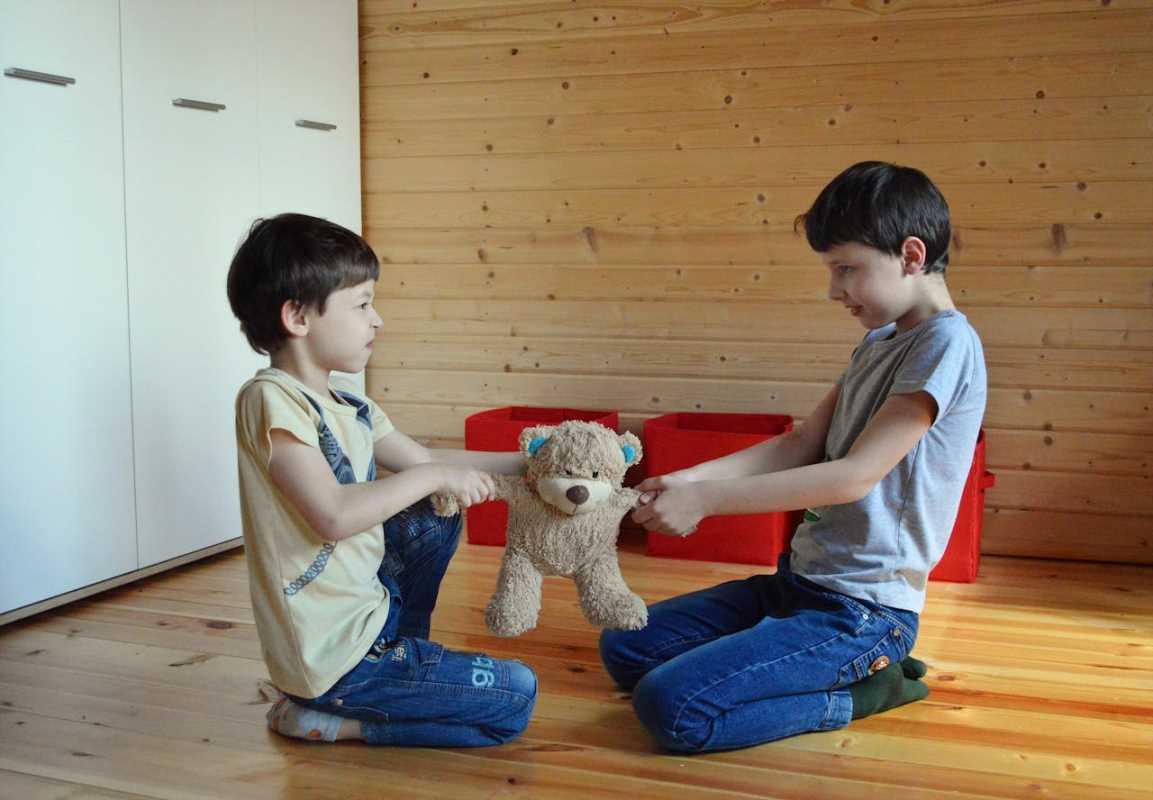Holidays are often seen as a time for relaxation, joy, and bonding, but bringing the entire family together can sometimes create stress instead of harmony. Conflicting schedules, differing preferences, and unresolved tensions can make planning a family holiday feel overwhelming. However, with thoughtful preparation and a focus on inclusivity, it is possible to create a holiday that fosters connection and positive memories for everyone involved.
This article is a step-by-step guide to crafting a peaceful family holiday. By balancing expectations, prioritizing open communication, and taking proactive steps to reduce stress, you can ensure every family member feels valued and heard. With some creativity and a little flexibility, your next family gathering can be as harmonious as it is enjoyable.
Set Clear Goals for the Holiday
Every successful family holiday starts with a shared understanding of its goals. Some families may want to simply spend quality time together, while others aim to celebrate a specific milestone or enjoy a particular destination. Without a collective vision, mismatched expectations can arise, leading to frustration or disappointment.
Setting clear goals ensures every member of the family feels included in the planning process and helps focus efforts on activities that align with the family’s priorities.
What to Do:
Organize a family meeting or group chat to discuss what each person hopes to gain from the holiday. For example, one member might prioritize relaxation by the beach, while another values adventurous activities like hiking. Consider overlapping preferences to find a common theme. Summarize your goals in a single statement such as, “Our holiday will focus on rest and reconnecting through shared meals and outdoor activities.”
Choose a Destination That Suits Everyone
Picking the right destination is pivotal to planning a peaceful family holiday. A location that accommodates various interests and needs creates opportunities for everyone to enjoy themselves without one person’s preferences dominating the trip.
Families with older members may prefer a relaxed pace in a destination with good accessibility, while children and teens might thrive in environments offering excitement and exploration. Taking these factors into account ensures the destination works for all.
What to Do:
Make a list of potential destinations and evaluate them based on the group’s interests, budget, and accessibility. For example, a family that loves nature might choose a national park with trails for adults and kid-friendly activities like guided tours or junior ranger programs. Present options to the family and use a voting system to make the final decision, ensuring everyone has a voice in the choice.
Create a Realistic Budget
Money is often a source of tension during family holidays, with differing ideas about how much should be spent or who should cover which costs. Establishing a clear and realistic budget early in the planning process minimizes misunderstandings and helps everyone feel financially comfortable.
Transparent conversations about costs ensure fairness and prevent awkward situations. Collaborating on financial decisions promotes unity and reduces the stress associated with unexpected expenses.
What to Do:
Start by outlining the major expenses, such as travel, lodging, meals, and activities. Discuss how costs will be divided—whether equally among everyone or adjusted to reflect financial circumstances. Use budgeting tools or apps like Splitwise to track shared expenses during the trip. For example, if one family member books a rental property, others can contribute to grocery costs or cover group transportation.
Plan Activities with Flexibility
A packed schedule can create pressure and leave little room for spontaneity, while too much flexibility might result in disorganization. Striking a balance between planned activities and free time is key to maintaining harmony. Ensure the itinerary includes something for everyone, with enough breathing room to accommodate changes or personal preferences.
Flexibility allows family members to opt in or out of certain activities without feeling excluded or pressured. This approach fosters a sense of independence while keeping the overall group dynamic intact.
What to Do:
Curate a mix of group activities and individual options. For instance, plan a morning museum visit for those interested in culture while others relax at the hotel or enjoy a local café. Block off unstructured time in the afternoon to give everyone a chance to rest or explore at their pace. Share the itinerary in advance so everyone knows what to expect and can voice any adjustments.
Manage Expectations to Avoid Conflicts
Family members often come into holidays with differing expectations about how time should be spent. By addressing these differences early, potential conflicts can be minimized or avoided entirely. Setting realistic expectations ensures no one feels disappointed or left out during the trip.
Misunderstandings or frustrations often arise when assumptions go unchecked. Clear and honest communication about the holiday agenda prevents unnecessary surprises or unmet hopes.
What to Do:
Have a candid discussion about anticipated schedules, travel logistics, and decision-making responsibilities. For instance, clarify how meals will be handled—whether cooking together at a rental home or dining out daily. Acknowledge in advance that everything might not go perfectly and emphasize the importance of flexibility.
Address Potential Conflicts Proactively
Long-standing family tensions or personality clashes can sometimes resurface during group holidays. Dealing with these issues constructively prevents small disagreements from growing into bigger problems. A peaceful family holiday stems from mutual respect and a commitment to maintaining a positive atmosphere.
Ignoring simmering disputes may seem easier in the moment but often leads to passive-aggressiveness or uncomfortable interactions. Tackling concerns head-on with compassion strengthens family relationships long-term.
What to Do:
Identify potential triggers for conflict and establish ground rules for respectful communication. For example, agree to focus on enjoying the present rather than revisiting old disputes. If tensions rise, take a break from group activities to allow everyone to cool off. Encourage family members to approach conflicts with curiosity instead of blame, using phrases like, “I’d like to understand your perspective.”
Build in Time for Relaxation
Holidays are meant to restore and recharge, but overly ambitious plans can leave everyone feeling more drained than rejuvenated. Designating downtime for relaxation ensures family members return home feeling refreshed and fulfilled.
For some, relaxation means soaking up the sun quietly, while for others, it’s engaging in favorite hobbies. Incorporating both active and passive forms of leisure adds variety and ensures everyone feels cared for.
What to Do:
Plan low-key moments like lazy breakfasts, evening board games, or quiet reading sessions. For example, you could allocate one afternoon during the trip specifically for downtime, allowing each person to choose how they unwind. This break helps maintain energy levels and prevents feelings of burnout midway through the holiday.
Why Peaceful Holidays Are a Must for Families
A well-planned family holiday strengthens relationships among loved ones, creating shared experiences and positive memories. Peaceful holidays help reduce stress and give families a chance to reconnect amid the pressures of everyday life.
Planning with intention ensures that everyone returns home feeling closer, rejuvenated, and appreciative of their time together. Even small efforts toward harmony—like handling conflicts gracefully or including everyone’s input—foster a more harmonious family dynamic beyond the holiday itself.
Planning an Unforgettable Vacation
- Start Planning Early: Give all family members time to share input and coordinate schedules.
- Set Communication Norms: Encourage respectful conversations throughout the holiday.
- Pack Smartly: Bring essentials like snacks, travel games, or emergency medications to reduce stress.
- Show Gratitude: Thank family members for their contributions and patience during the trip.
 (Image via
(Image via





